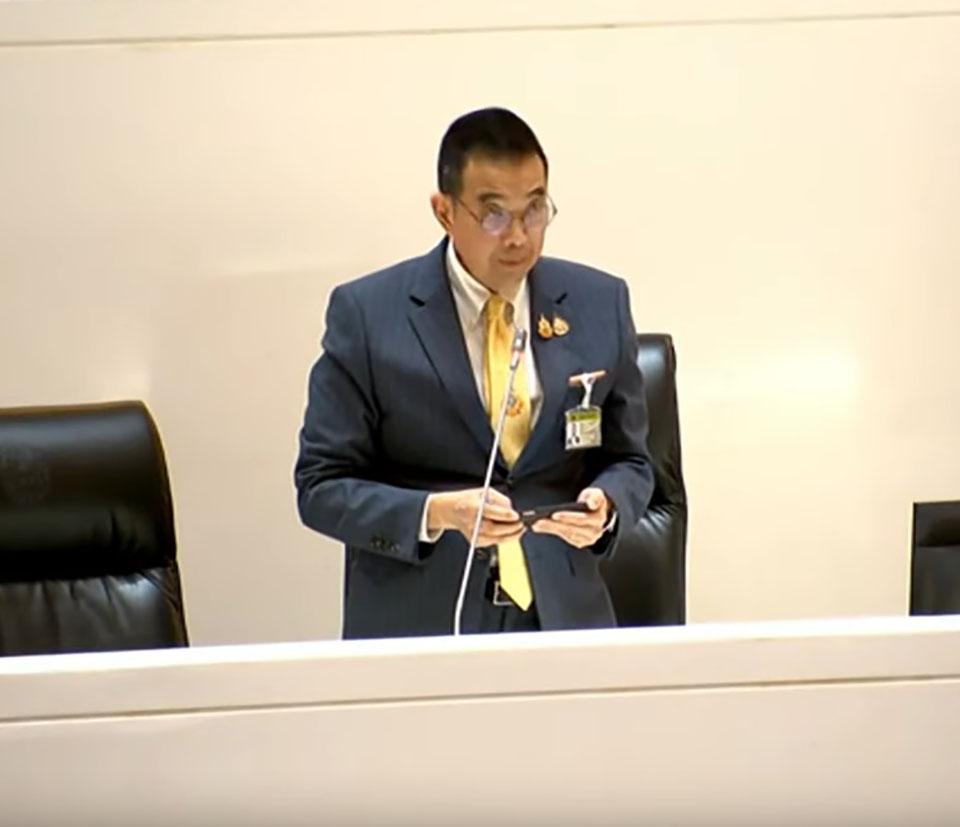
BANGKOK, Thailand – Foreign Minister Maris Sangiampongsa defended Thailand’s role in international efforts to address PM2.5 air pollution during a no-confidence debate on March 24. His remarks responded to criticism from an opposition MP who accused the government of failing to engage effectively with neighboring ASEAN countries on cross-border haze issues.
Maris detailed progress under the “Blue Sky Strategy,” a trilateral framework launched in October 2024 by Thailand, Lao PDR, and Myanmar. As part of this strategy, the three nations have agreed to a Joint Action Plan that includes identifying high-risk zones, creating emergency communication systems, and developing tools to monitor and manage transboundary haze. The plan was officially launched in Bangkok with ministerial-level participation from all three countries.
Thailand is also working with countries such as Japan, South Korea, the United States, and China to develop joint projects involving technology and innovation to improve air quality management. A Joint Task Force meeting scheduled for April 2025 will expand international cooperation. At the regional level, Thailand has participated in recent ASEAN summits in Vientiane and Langkawi and hosted a seminar that brought together experts from the World Health Organization, World Bank, GIZ, and others to exchange knowledge on haze mitigation.
Bilateral cooperation has also advanced. A three-year capacity-building program launched in January last year is training Lao officials in policy development, satellite monitoring, and emergency planning for haze control. In addition, Thailand and Cambodia are preparing to sign an agreement that will establish a real-time communication channel for hotspot data sharing and coordinated firefighting efforts. (NNT)










